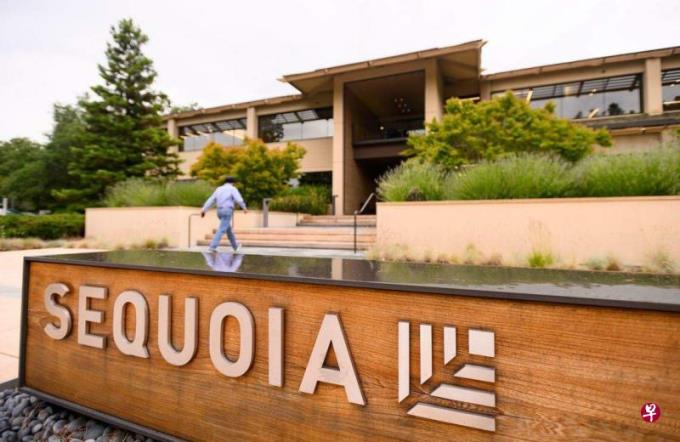
Oh -famous US venture capital company Sequoia Capital announced that the business of China and the United States was completely split.Experts believe that the decision of Sequoia's "one divided into three" highlights that under the geopolitical tension of China and the United States, if capital does not clarify its identity, the business of the two countries will be limited.
Sequoia Capital, headquartered in Silicon Valley on Tuesday (June 6), announced in the evening that the global business is demolished into three.Among them, Sequoia's Chinese business will be renamed Sequoia from Sequoia CHINA, and the English name is Pinyin hongshan.India and Southeast Asia's business is named Peak XV Partners.The original name in the United States and Europe will retain the original name.The spin -off will be completed before March 31, 2024.
Sequoia Capital is famous in China with startups such as investment social media platform Tiktok's parent company.With this business spin -off, the benchmark of this Sino -US capital cooperation will become history.
A statement signed by Sha Erntera Singh, a partner of ROLOF BOTHA, President Shen Nanpeng and his Indian business leader,It shows that because of sharing the same brand, the companies invested by different entities of Sequoia have produced competition or even conflict, and the company's global management has become "increasingly complicated."
In the report ofSequoia Capital to investors, several commercial reasons for splitting were listed, of which did not directly mention geopolitics.However, according to the Wall Street Journal of the United States in February this year, US government officials have put pressure on the Chinese business of Sequoia Capital.
Experts interpreted that the three major entities of Sequoia were originally operated independently. This time, the split should be understood as a risk -based brand spin -off.If it is not divided into completely different entities, it is clear whether China or the United States "identity", the company's business in China and the United States will encounter difficulties.
Expert interpretation: Without splitting, Sequoia will be caught in "China and the United States"
Shen Meng, a director of investment banking in Beijing, told Lianmeao: "On the one hand, the United States restricts its capital into Chinese scientific and technological innovation and is also afraid of Chinese investors to invest in high -tech projects in the United States; on the other hand,China also restricts investment benefits of American capital to sensitive industries, such as semiconductor and artificial intelligence projects. "
Shen Meng said that high -tech industries such as sensitive artificial intelligence and semiconductor are not only a popular industry for venture capital companies to chase, but also a fierce competition between China and the United States.
Sequoia Capital was founded in the United States in 1972. It was bet in the early stages of Apple, Google and other companies.Sequoia China was founded in 2005, and the size of management funds exceeded 300 billion yuan (RMB, S $ 56.798 million, the same below).Essence
Sequoia China is operating independently, but sharing profits and high -quality projects with the entire group.This situation will no longer exist after spin -off.
Taking Tiktok's parent company's byte beating as an example, Sequoia China is a major shareholder of bytes, accounting for 10%of the shares.Initially, it was discovered by Chinese Sequoia and invested by the byte beating. After that, Sequoia United States also joined investment and became a shareholder.
Shen Meng said that Chinese and the United States can be said to be an investment alliance relationship. They jointly support the development and growth of many Chinese technology companies and listing in the United States for global investors, but this will become history."Sino -US capital cooperation has changed from the joint force of capital and enterprises to resistance."
Sequoia is not expected to be the only US dollar investment institution to make similar decisions.
Shen Meng pointed out, "All institutions similar to Sequoia will face similar pressure. In the future, it will not be ruled out that it will make their own decisions."He explained that spin -off is not the only choice, and the institution can also sell Chinese business or directly withdraw from the Chinese market.
As Sino -US relations become tight, the US dollar investment in the Chinese market is decreasing.According to data released by Chinese technology media titanium media, US private equity and risk capital invested US $ 7 billion in China in 2022, a significant decrease of 75.7%from US $ 28.920 million in 2021, the lowest in the past three years.
The Wall Street Journal reported in February that Washington is stepping up to restrict US fund funding China to develop sensitive technologies. Sequoia Capital has begun to screen some investment in Chinese science and technology companies in response to US national security concerns.


